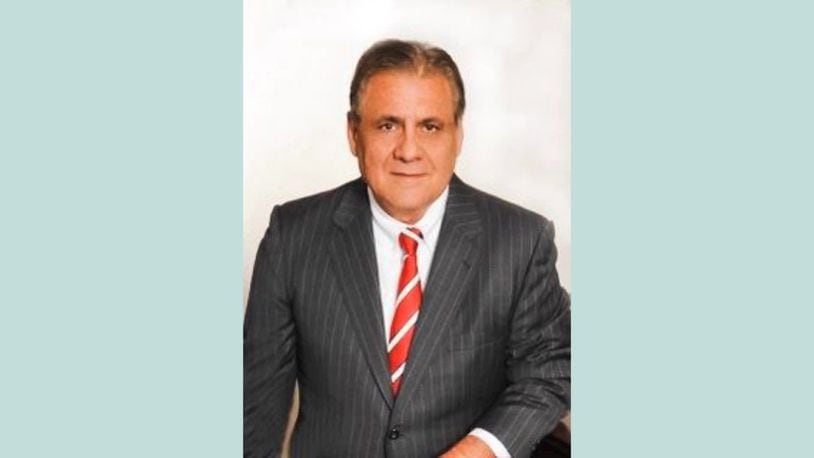A preliminary report from the Collier County Sheriff’s office says he was found with a handgun and a gunshot wound to the head.
Calls to Clark’s attorney and Clark’s cellphone went unanswered.
Clark, 67, was arrested July 21 along with former Ohio House speaker Larry Householder, former Ohio GOP chairman Matt Borges, lobbyist Juan Cespedes and political strategist Jeff Longstreth. Federal prosecutors allege that the men operated a criminal enterprise that took nearly $61 million in dark money from Ohio utility companies to position Householder as speaker and in turn pass and defend a $1.3 billion bailout law for the companies.
Clark had pleaded not guilty to racketeering.
“In matters in which a defendant has passed away, the process is that a ‘Suggestion of Death’ is typically filed upon receipt of a death certificate, resulting in dismissal of the decedent from the case but not impacting the rest of the case. All that will be addressed in due course. For now, we extend our condolences to Mr. Clark’s family and friends,” said acting U.S. Attorney Vipal J. Patel in a written statement.
Clark, a well-known figure around the Ohio Statehouse, was a multi-client lobbyist who is hired by businesses and organizations to press their agenda with state leaders. Within days of his arrest in the public corruption case, his three dozen clients cut ties with him.
An 82-page criminal complaint alleges a complex bribery scheme: Akron-based utility companies funneled nearly $61 million to a dark-money group, Generation Now, which Householder used to help elect pro-Householder legislators who would vote for him for speaker; Householder, in turn, pushed House Bill 6, which provided a $1.3 billion bailout to keep nuclear power plants open. Subsidies for the power plants were to be paid by all Ohio electricity companies, including in the Miami Valley.
In an investigation that started years ago, FBI agents subpoenaed bank and telephone records, executed search warrants, tapped phone lines and wired-up informants. Federal prosecutors allege that Clark acted as Householder’s proxy and one of his closest advisers in the fight to pass House Bill 6 and then defend it against an attempted referendum.
“When (Householder’s) busy, I get complete say. When we’re working on stuff, if he says, ‘I’m busy,’ everyone knows. Neil has the final say, not Jeff (Longstreth.) Jeff is his implementer,” the criminal complaint quotes Clark from a 2019 recorded conversation.
The complaint indicates federal agents were listening to Clark’s phone calls as far back as early 2018.
Clark started out in politics as a staffer for the Ohio Senate Republican caucus.
Thirty-five years ago, he left the Senate, taking an expertise in state budget matters and plenty of connections. He joined forces with Paul Tipps, a former chairman of the Ohio Democratic Party and Montgomery County Democratic Party, to start State Street Consultants.
The lobbying power pair had more than a dozen lobbyists working on behalf of about 80 clients. Shortly after Tipps’ retirement in 2005, State Street Consultants fell into financial difficulties. Tipps and Clark ended up duking it out in court and the firm dissolved in 2008.
During his lobbying career, Clark has worked for strip clubs, gambling outfits, payday lenders, charter schools and nursing homes. Some of his work has been part of high-profile political fights, including a 2007 effort to block a law that put restrictions on strippers and patrons at dance clubs, a 2008 effort to block a law that regulated payday lenders, a 2013 fight over a bill that would have regulated gaming at internet cafes, and a 2015 statewide ballot issue to legalize recreational marijuana.
Clark then formed Grant Street Consultants in January 2009.
About the Author
